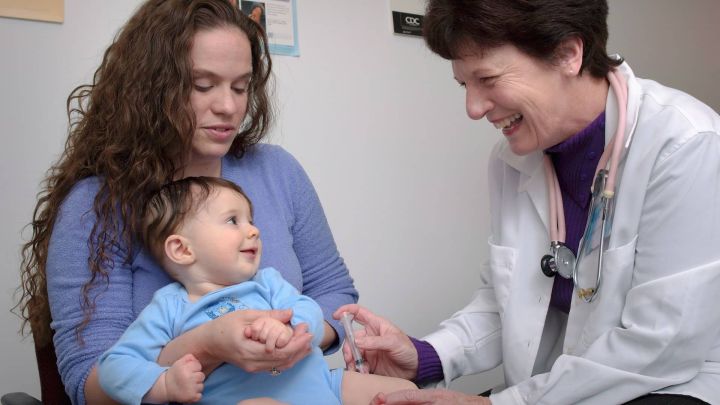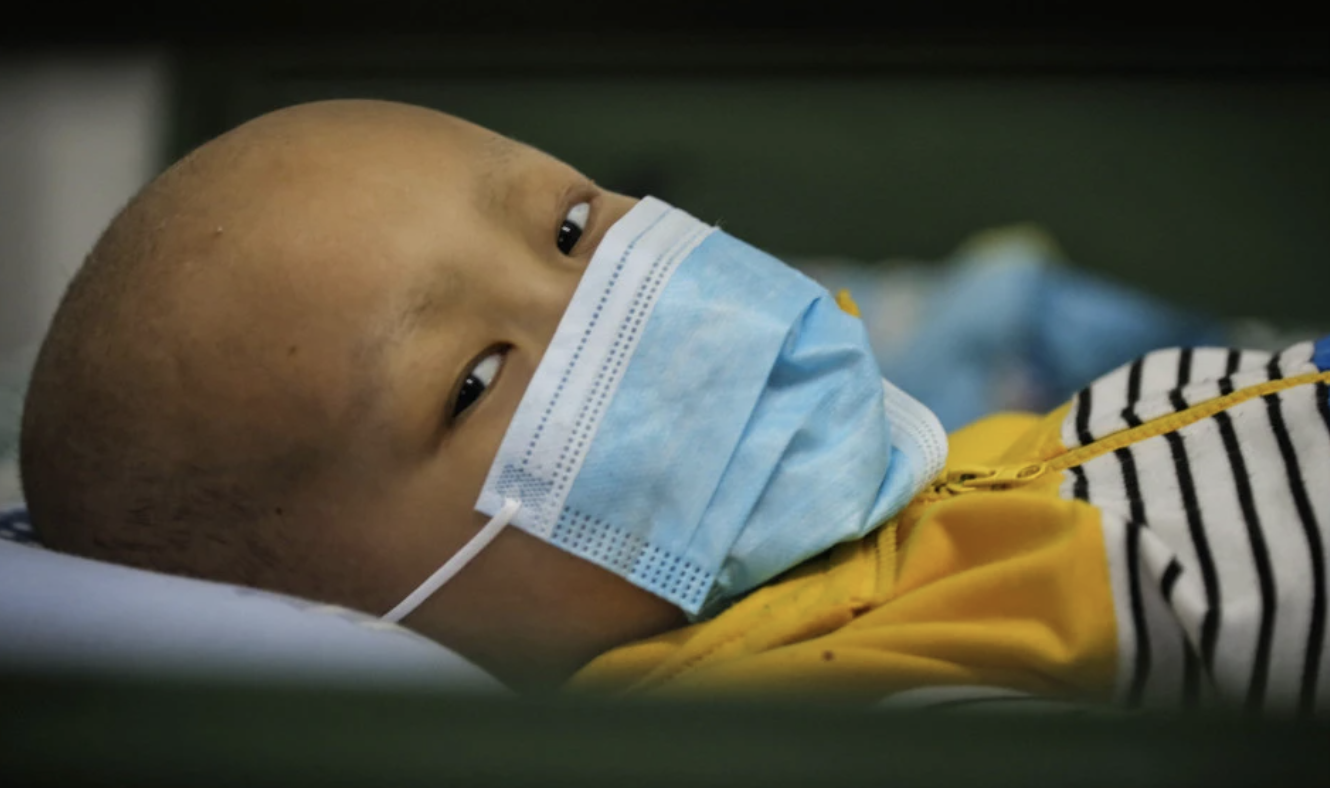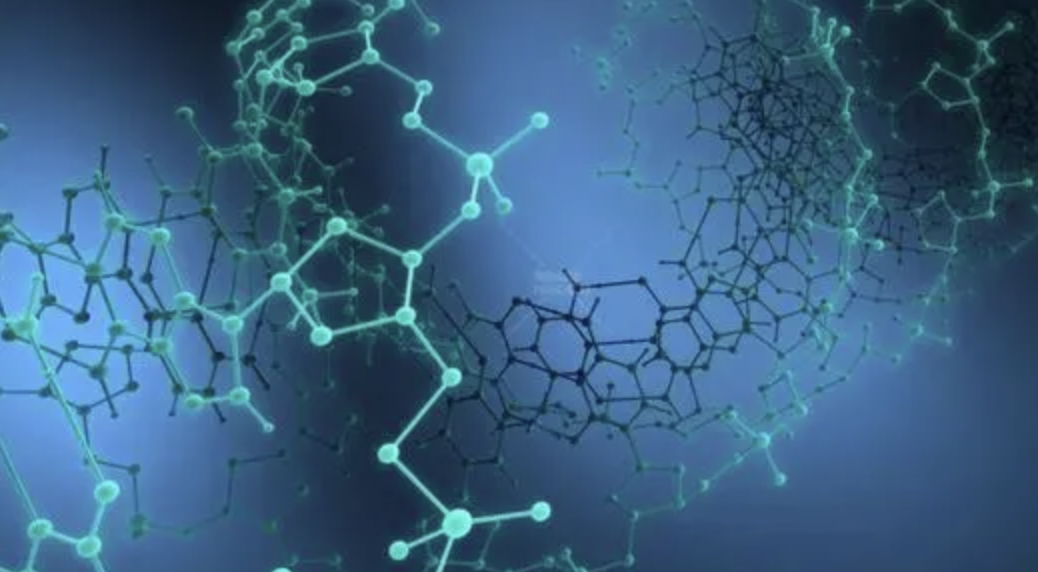Apparatus
Genkore Announces Collaboration With Us Company On In Vivo Gene Editing Therapies
Under the terms of the collaboration agreement, GenKOre will receive up to US$300 million, including upfront fees, fees for exercising its option, and milestone payments for successfully reaching development and commercialisation milestones against two in vivo disease targets.
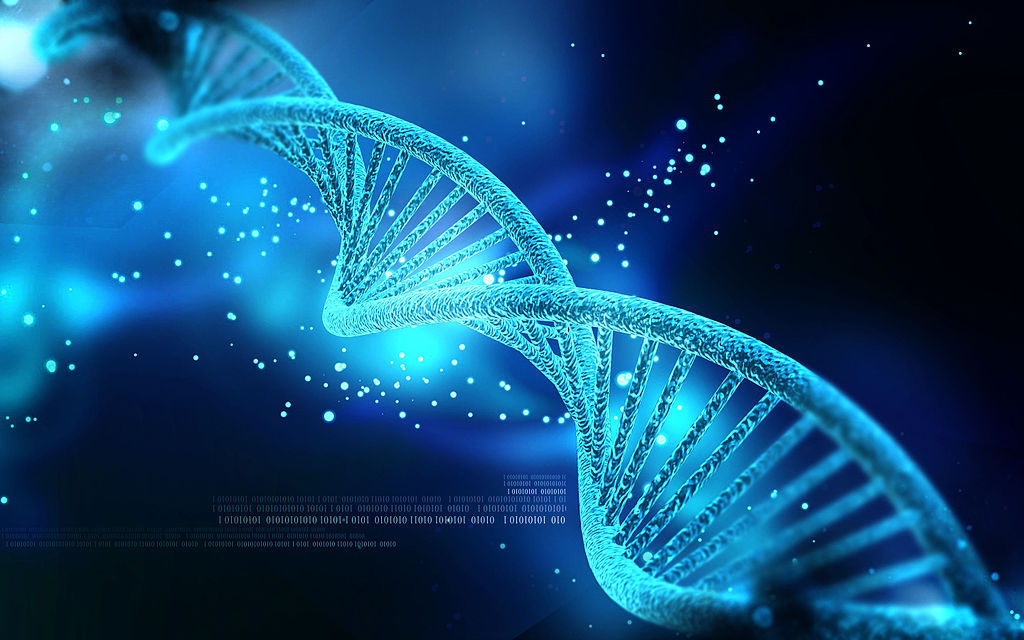
By World Medical News GenKOre, Inc., a South Korea-based biotechnology company with an ultra-compact CRISPR-Cas tool, announced that it has entered into a strategic research collaboration with a U.S.-based biopharmaceutical company to develop in vivo gene editing therapies. The collaboration will utilize GenKOre's proprietary CRISPR-Cas platform, TaRGET (Compact RNA-based Nuclease/Enhanced Genome Editing Technology), which differs from the most popular genome editing technology, CRISPR-Cas9, in its ability to deliver the entire editing module using a single adeno-associated virus (AAV) vector. Based on its own TaRGET platform, GenKOre has developed different modes of editing tools, including TaRGET-CUT, TaRGET-Adenine Base Editing ("ABE"), TaRGET-AI (gene activation and repression system) and TaRGET-FREE (gene knock-in).

Yong-Sam Kim, CEO of GenKOre, said: "This collaboration demonstrates the benefits and potential utility of the TaRGET platform for in vivo gene editing therapeutic applications. This collaboration will not only provide an opportunity to demonstrate the applicability of the TaRGET platform for in vivo therapies, but we will also use it to extend the use of our technology to a broader range of rare diseases. The collaboration is based on our shared interest in creating transformative therapies for patients with rare diseases."
Under the terms of the collaboration agreement, GenKOre will receive up to $300 million, including upfront fees, fees for exercising options, and milestone payments for successfully reaching development and commercialisation milestones against two in vivo disease targets. In addition, GenKOre will receive research funding and will be able to receive a stepped commission fee based on a double-digit percentage of net product sales reached at the maximum.
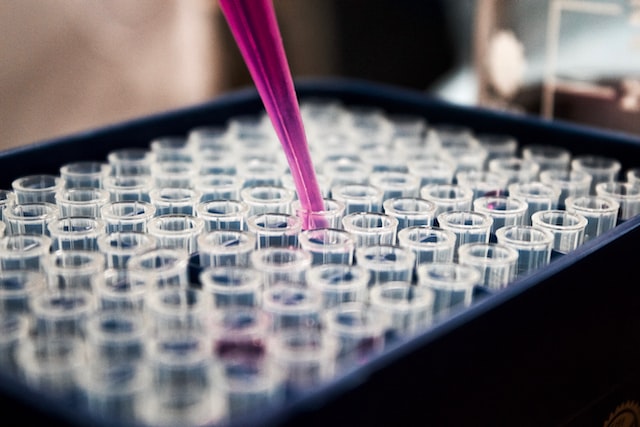
The Rainwater Charitable Foundation, one of the largest independent funders of neurodegenerative disease research, today announced the winners of this year's Rainwater Annual Award for Outstanding Innovation in Neurodegenerative Disease Research and the Innovative Early Career Scientist Award. This year's Distinguished Innovation Award will be presented to a team: Dr. C. Frank Bennett of Ionis; Dr. Don W. Cleveland of the University of California, San Diego (UCSD); and Dr. Timothy M. Miller of the University of Washington. Dr. Susanne Wegmann of the German Center for Neurodegenerative Diseases (DZNE) will be presented with the Rainwater Award for Innovative Early Career Scientists. The awards will be presented during the Eurotau 2023 conference in Lille, France, on 27 April 2023.
The Rainwater Prize Program (RPP) recognises scientific advances in new treatments for neurodegenerative diseases associated with the accumulation of tau proteins in the brain and introduces new researchers to the field of tauopathies by raising awareness of gaps in neurodegenerative research and rewarding scientific results that may lead to innovative, effective treatments.
The Outstanding Innovative Rainwater Award for Neurodegenerative Disease Research will be jointly awarded to three of the following.
Drs. Bennett, Cleveland and Miller, co-investigators, who have worked for the past 20 years to advance antisense technologies for the treatment of neurodegenerative diseases, including ALS, Huntington's chorea, Alzheimer's disease and tau proteinopathies.
Dr Bennett, Ionis' Chief Scientific Officer, continues to advance antisense technology and expand Ionis' drug discovery platform. He has been working on antisense oligonucleotides for the past 30 years. He began investigating the potential of antisense technology in the treatment of ALS and Spinal Muscular Atrophy (SMA) nearly 20 years ago. The first drug for SMA, nusinersen, was approved by the FDA in 2016 and has subsequently been approved in over 50 countries worldwide. He is currently working on a treatment for Huntington's chorea, which is in late-stage clinical trials, and he is leading the discovery and development of other drugs for neurological disorders.
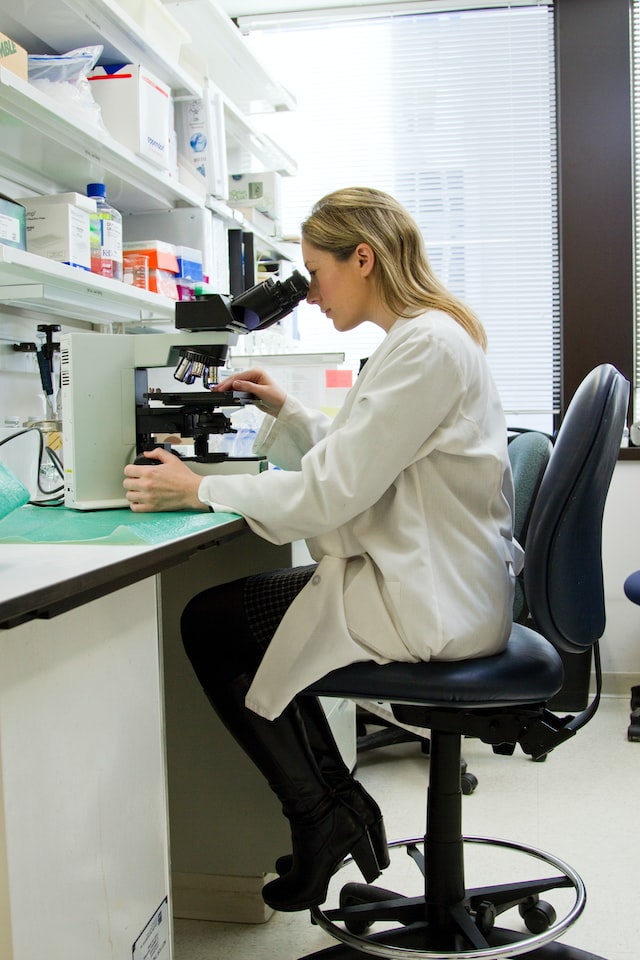
Dr Cleveland, Principal and Distinguished Professor of Cellular and Molecular Medicine at the University of California, San Diego, discovered, purified and characterised tau proteins, the major components of intracellular filamentous deposits that define many neurodegenerative diseases, including progressive supranuclear palsy. Together with Bennett and Miller, he has developed designer DNA drugs that use techniques to silence genes in the human nervous system and have been studied in seven different clinical trials aimed at treating ALS, Huntington's chorea, Parkinson's disease and Alzheimer's disease.
Dr Miller, who is the David Clayson Professor of Neurology and Vice Chair for Research at Washington University School of Medicine in St Louis, has been a leader in helping to discover effective therapies for neurodegenerative diseases including ALS and tau protein disease for over 20 years. in 2007, Miller created an ALS translational research programme and initiated what promises to be a successful trial to improve the lives of people with neurological disorders. Recent results using the SOD1 ASO developed with Cleveland and Bennett have shown a significant impact on slowing SOD1 ALS. His laboratory led the early development of BIIB080/IONIS-MAPTRx, an antisense drug that reduces tau mRNA and protein for the treatment of tauopathies.
Dr Cleveland said: "This award is an honour and I look forward to using this research funding to advance the next generation of results. The Rainwater Prize money will help continue to develop strategies to grow new neurons and suppress Tau proteins over the long term."
Innovative Early Career Scientist Rainwater Award.
Dr Wegmann, leader of the DZNE research group, is investigating the role of tau proteins in neurodegenerative diseases by using different experimental models and methods to discover the normal function and functional abnormalities of tau in the diseased brain. She has found a way to master the difficult translational leap from test tube to human by validating the biochemical, biophysical and cytological results of post-mortem human brain tissue. Her general interest in solving difficult problems drove her to earn a degree in engineering, which later expanded to include biophysics and brain pathology in tau. Currently, Wegmann and her team are focused on identifying novel interactions of Tau and determining the role of tau phase separation in Alzheimer's disease and tau proteinopathies.
Dr Wegmann said: "I feel very honoured! With this award, I will further my research into how tau proteins exert their toxic effects in different ways that are not yet fully understood. We do not yet understand the actual function of this protein and will work to expand our understanding of its underlying biology to aid in disease research."
Drs Cleveland, Bennett, Miller and Wegmann have been nominated for the Rainwater Award for Outstanding Innovation ($400,000) and the Early Career Award ($200,000), which are based on published and peer-reviewed research that has made a significant contribution to the study of neurodegenerative diseases. Their selection is based on the quality of research and its applicability to tauopathy, leadership, mentoring and positive impact on the scientific community.
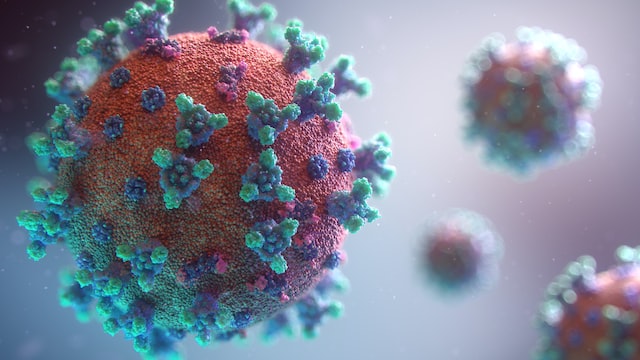
Todd Rainwater, a Trustee of the Rainwater Charitable Foundation, said: "I am incredibly excited about this year's Rainwater Award winners, and presenting an award for outstanding innovation to a collaborative group of scientists who have advanced drug discovery is a recognition of the scientific importance of the team. Dr. Wegmann's selection for this year's Early Career Award highlights the exciting scientific discoveries happening in Europe and around the world. I know my father would be proud of these scientists and the important advances they have made in the field."
-
![]()
![]() ApparatusFeb 21, 2026
ApparatusFeb 21, 2026Mysterious gel quickly seals wounds
-
![]()
![]() ApparatusFeb 20, 2026
ApparatusFeb 20, 2026Fujifilm Ai Technology Can Predict Whether Cognitive Disorders Will Progress To Alzheimer's Disease
-
![]()
![]() ApparatusFeb 19, 2026
ApparatusFeb 19, 2026Stavudol Paediatric Indication Approved For The Treatment Of Children Aged 3 Months And Older With Complicated Intra-Abdominal Infections
-
![]()
![]() ApparatusFeb 18, 2026
ApparatusFeb 18, 2026New Drug For IDH1 Mutation/Relapsed/Refractory Acute Myeloid Leukaemia With Good Complete Remission Rates And Manageable Toxicity
-
![]()
![]() ApparatusFeb 17, 2026
ApparatusFeb 17, 2026World's 2nd KRAS Inhibitor Approved For Non-Small Cell Lung Cancer With 80% Efficacy!


